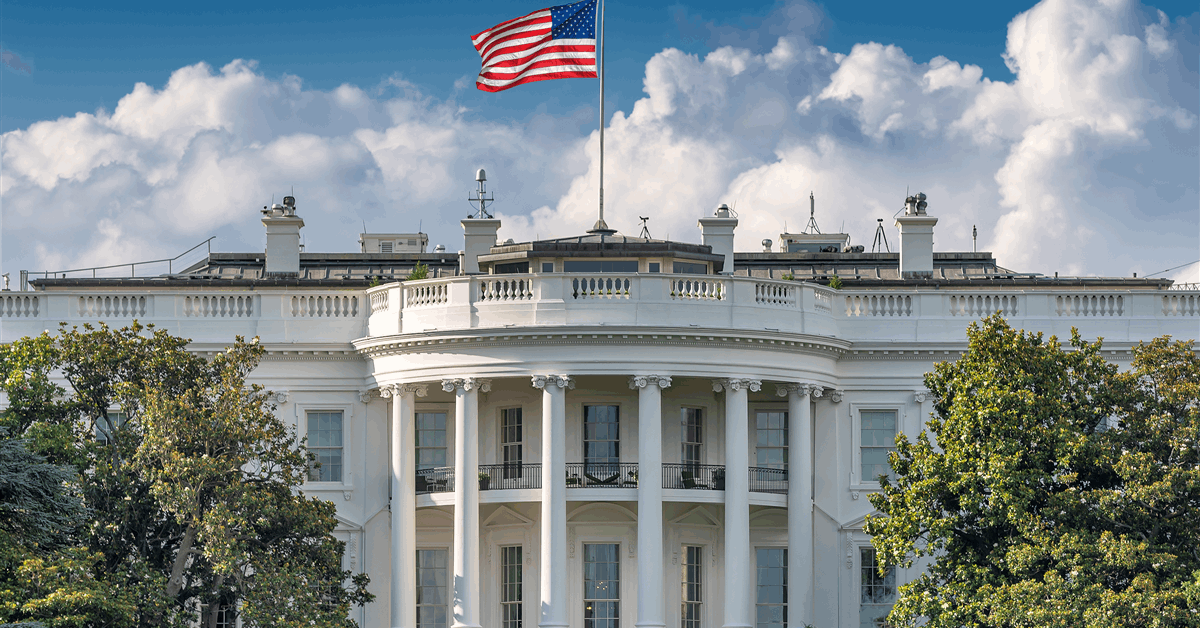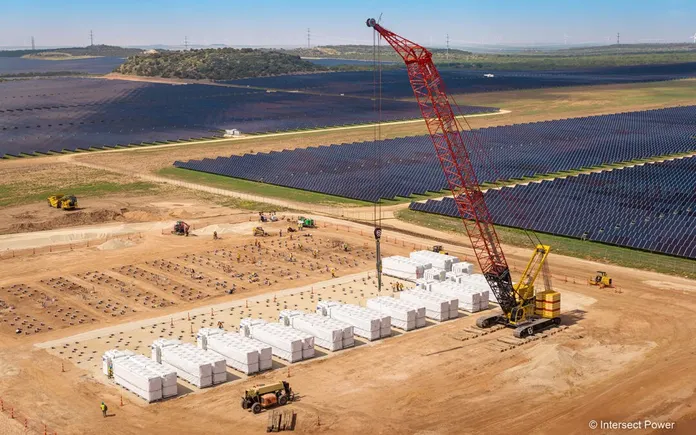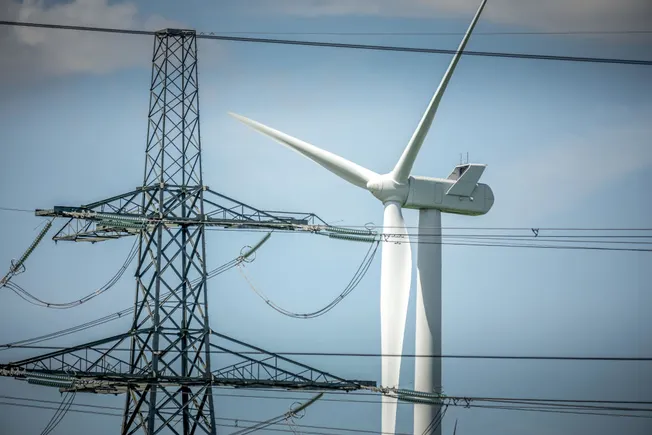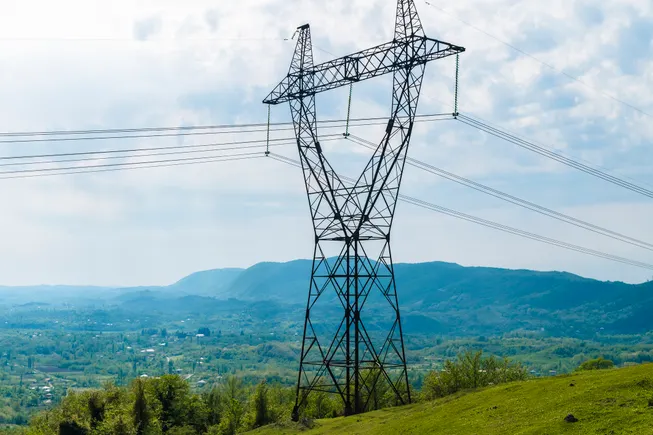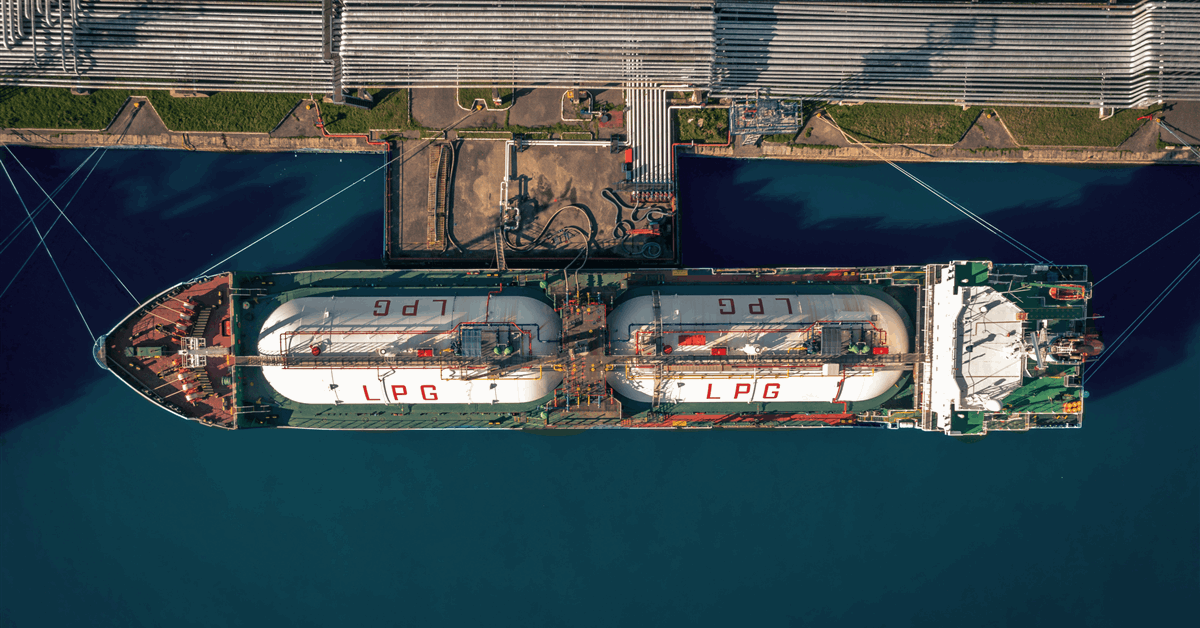
The US ordered some staff to leave its embassy in Baghdad, officials said, after Iran threatened to strike American assets in the Middle East in the event it’s attacked over its nuclear program.
The decision to reduce staffing in Iraq was “based on our latest analysis,” according to the US State Department. Defense Secretary Pete Hegseth authorized family members of US military stationed across the region to leave, according to a Pentagon statement.
The State Department also said US government employees and family members in Israel are restricted from traveling outside major cities such as Tel Aviv and Jerusalem until further notice.
None of the statements cited a specific threat. But they came after the New York Post published an interview with President Donald Trump in which he said he was less confident the US will reach a deal with Iran. The countries are negotiating an agreement that would curb the Islamic Republic’s nuclear activities in return for sanctions relief.
Trump has consistently said he wants an agreement with Iran and to avoid a war, but that the US could resort to military action if Tehran doesn’t accept a deal.
“I sincerely hope it won’t come to that and that the talks reach a resolution,” Iran’s Defense Minister Aziz Nasirzadeh said on Wednesday. “But if they don’t, and conflict is imposed on us, the other side will undoubtedly suffer greater losses.”
Iran announced the start of military drills on Thursday, “with a focus on enemy movements.” The head of its Islamic Revolutionary Guard Corps said the force was “ready for any scenario.”
The same day, the Islamic Republic said it would establish a new uranium-enrichment center in response to a decision by the United Nations atomic watchdog to censure it.
Oil prices jumped on the reports the US would move non-essential diplomats out of the Iraqi capital. They later reversed those gains, with Brent down 1.5 percent to slightly below $69 a barrel as of 11.25 a.m. in London. But they’re still up around 3.5 percent this week, reflecting the worsening tensions in the Middle East. Israeli and Gulf stocks fell on Thursday.
Still, for all the heightened rhetoric, the US and Iran are set to meet in Oman on Sunday for their sixth round of nuclear negotiations. The foreign minister of Oman, which is mediating between Washington and Tehran, on Thursday said those talks are still happening.
US officials have been told that Israel is ready to launch an operation into Iran, which is part of the reason why the Trump administration advised some Americans to leave the region, CBS News reported on Wednesday evening, citing multiple sources it did not name.
Israel is wary Tehran can be trusted to adhere to any diplomatic accord with Washington and says it reserves the right to attack the Islamic Republic, with or without US help.
A short while before the CBS report, the UK Navy said any flare up could affect shipping, including in the Strait of Hormuz, through which much of the world’s seaborne oil and gas flows. The UKMTO, which acts as a liaison between the navy and commercial vessels, rarely puts out general warnings such as this.
“UKMTO has been made aware of increased tensions within the region, which could lead to an escalation of military activity,” it said. “Vessels are advised to transit the Arabian Gulf, Gulf of Oman and Straits of Hormuz with caution.”
Iran has frequently threatened to close Hormuz during times of geopolitical strife, though it’s never done so. The likes of Saudi Arabia, Iraq, the United Arab Emirates, Qatar and Iran itself send many of their energy exports through the waterway.
Beyond attacks from its own forces, Iran could potentially strike out via its proxy militant groups such as the Houthis in Yemen.
Oman Talks
Iran says it is preparing a fresh proposal regarding its atomic activities for the talks on Sunday in Muscat, the Omani capital. That “can be used as a basis for work,” Deputy Foreign Minister Majid Takht-Ravanchi said on Tuesday, suggesting Iran is considering a temporary deal that acts as a framework while technical details – many of them highly complex – are worked on.
Iran has long denied having plans to build an atomic weapon. Yet it is enriching uranium to a far higher level than is needed for civilian purposes such as fueling nuclear power plants.
While the US and Iran have broadly said all five rounds of talks in the past two months have been positive, a key sticking point is whether Tehran is allowed to continue processing uranium, albeit to a low level. Iran says it won’t end its enrichment. The US has given conflicting comments, though in recent weeks Trump has more firmly stated that Tehran must stop its enrichment altogether.





